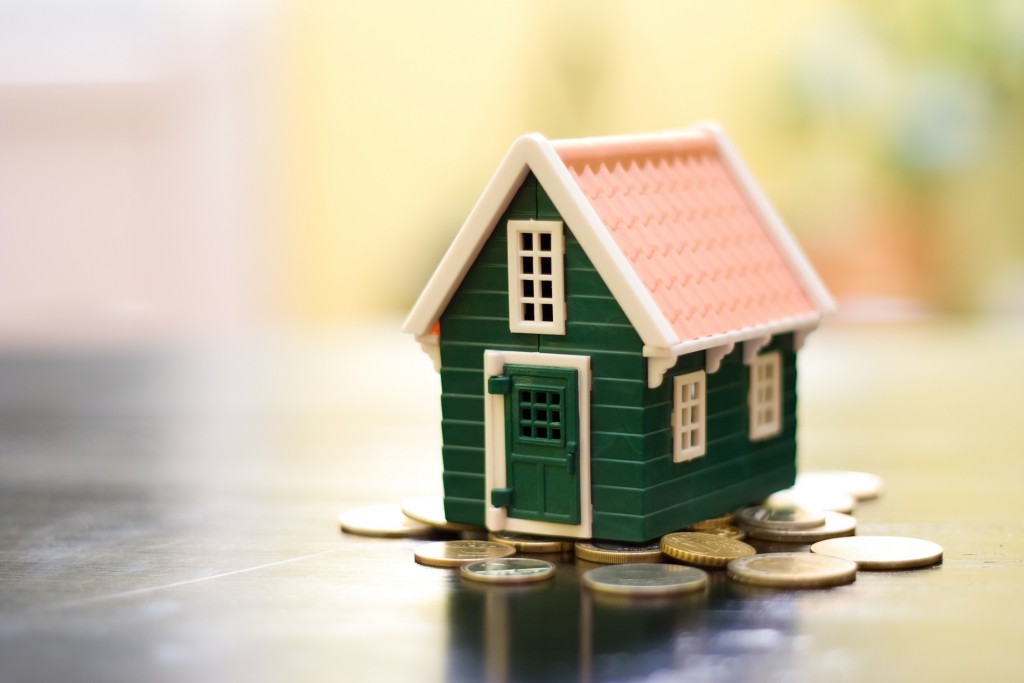Property website Rightmove expects demand for homes to remain strong next year and predicts the average asking price will be £17,000 higher by the end of 2016. The average selling price for a home in December was £289,452, an increase of around £20,000 from the average house price a year ago. Rightmove said the seasonal 1.1% […]
 Property website Rightmove expects demand for homes to remain strong next year and predicts the average asking price will be £17,000 higher by the end of 2016.
Property website Rightmove expects demand for homes to remain strong next year and predicts the average asking price will be £17,000 higher by the end of 2016.
The average selling price for a home in December was £289,452, an increase of around £20,000 from the average house price a year ago.
Rightmove said the seasonal 1.1% dip in property prices this month is the lowest December fall since 2006.
Miles Shipside, Rightmove director and housing market analyst, said: “Whilst a fall is the norm at this time of year, this is December’s best post-financial-crash performance, signalling another round of price rises in 2016.”
Rightmove forecasts that prices will reach new records next year and expects new seller asking prices to rise by 6% as the “stark imbalance” of demand in excess of suitable supply continues.
London recorded the strongest house price growth for the year, rising 9.9% to £616,548.
This was followed by the South East and East of England, where prices rose 9.2% to £349,415 and £283,748 respectively.
The smallest rise was in Wales, where prices were up 0.6% for the year to £162,472.
Shipside said: “Despite the shortage of suitable stock in many parts of the market, demand for housing is on the up. Although the average price of property coming to market is already up by a hefty 7.4% compared to a year ago, Rightmove forecasts that prices will reach and breach new records next year.”
Rightmove said that as a result of prices remaining high in the capital highly-skilled workers may choose to leave for more affordable cities such as Leeds, Edinburgh, Cardiff and Manchester.
The Chancellor announced in the Autumn Statement that there will be an extra 3% stamp duty charge on buy-to-let and second homes as of April 1 next year.
Shipside advised first-time sellers and landlords to sell now before the April deadline next year.
He said: “Those selling for the first time are likely owners of properties suitable for renting out, so they may be best advised to take advantage of any surge in investor activity and market as soon as possible. Given that the legal process could take six weeks or so once a buyer is found, they only have between now and the middle of February to take advantage of this artificially induced boost to buyer demand.”
Shipside said that landlords worried about increased stamp duty should consider whether this is an opportune time to exit the market and suggested first-time buyers may want to wait to secure a better deal.














